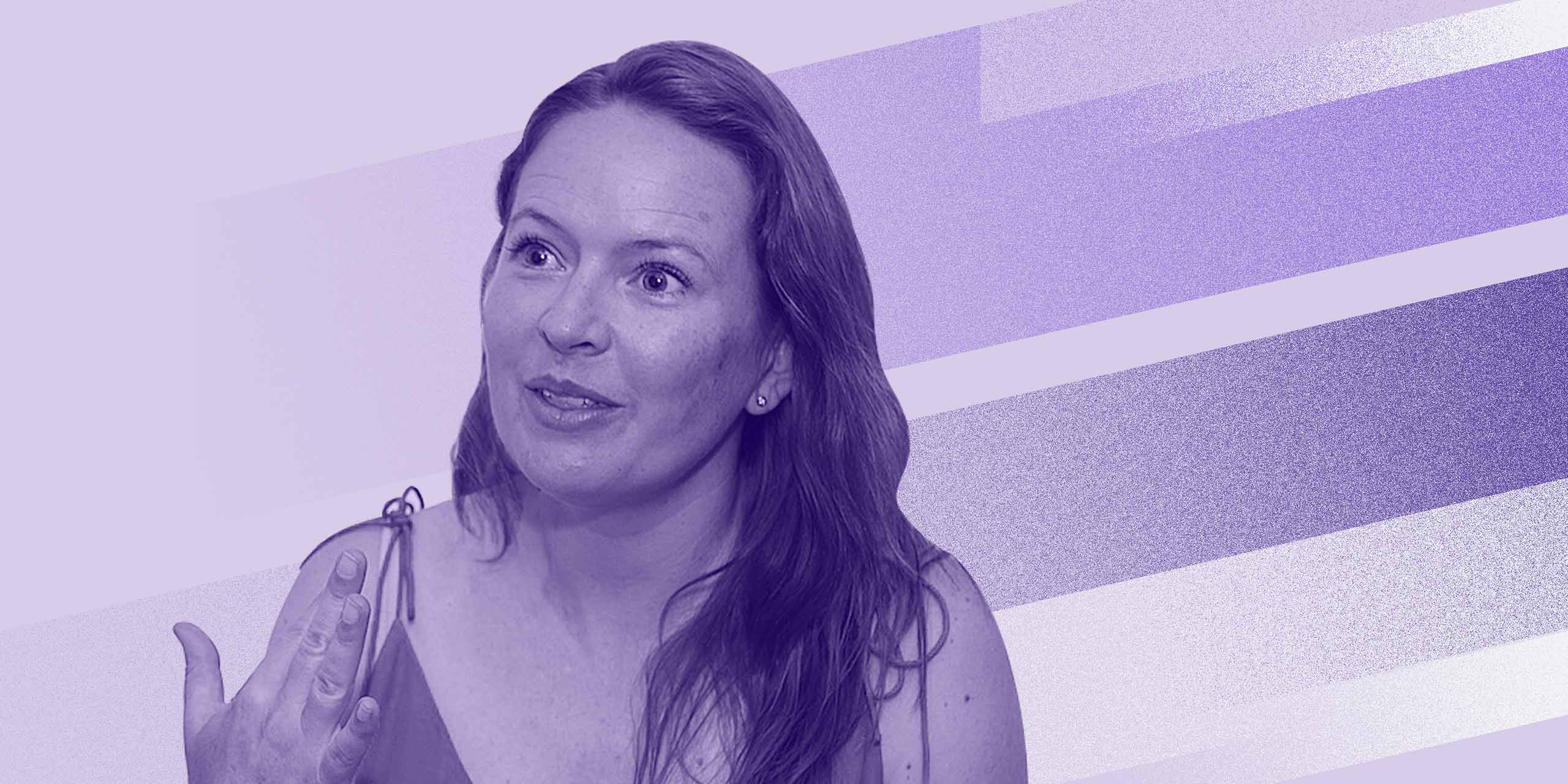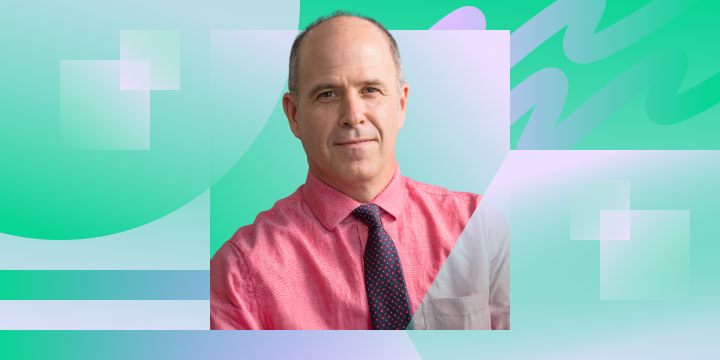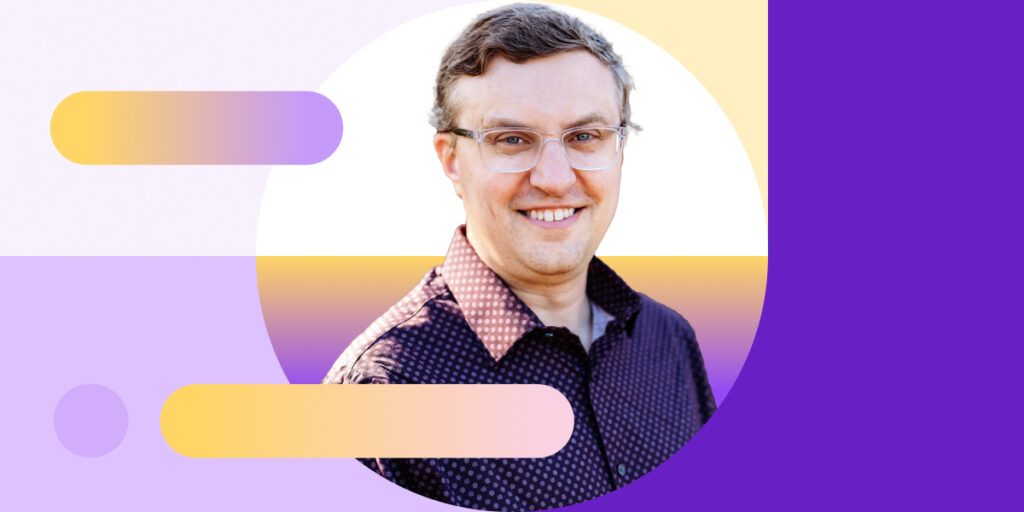In our recurring series “Academic Admissions” we ask interesting people to tell us about the transformative role education has played in their lives. In this instalment, Renee Watson talks about her early encounters with science in rural Australia and how getting stranded in London with barely enough money to buy a day’s groceries turned into a career that passed through the dreaming spires of Oxford and, finally, inspiring children around the world about the excitement of scientific discovery.
Renee Watson is Founder and Head of Explosions at The Curiosity Box, a company that delivers themed monthly subscription boxes full of scientific experiments for children aged 7-11 and their parents to try. Find out more here.
I was born in a town called Queanbeyan, which is in rural New South Wales, Australia. I lived there until I was 22 years old. Growing up, I didn’t know anybody who was a scientist. I didn’t even know anyone who had been to university. I wasn’t born into a household where there were lots of role models, but I think my Mom probably would’ve become a scientist if her circumstances had been different. We spent a lot of time together outside exploring.
What science does for me is that it changes the world from a monochrome film into one in full technicolor. I remember having my first, what I call a ‘wow moment,’ when I was about six. My Mom and I had gone for a walk by a river, and she told me that water was made up of hydrogen and oxygen atoms. Obviously I didn’t fully understand what atoms were, but just the concept that this thing that we look at every day was made up of parts that you couldn’t see blew my mind.
Location of Queanbeyan, New South Wales, Australia. View Larger Map
Growing up, I had what I like to call a mixed-bag family. Two divorces, four brothers and a sister mixed between different pairs of parents. It was actually quite an amicable situation but still, nobody else in my family had any interest in science whatsoever! So I did feel like an anomaly. I was quite conscious of the fact that I was interested in things that most people that I knew weren’t, and I was very conscious of the fact that I was a girl, and that girls didn’t really do that kind of thing.
I didn’t grow up with very much money, so if I wanted to get anything, I had to work for it. I got my first job the day that I was legally allowed to get part-time work. I think I was 14 and I got a job at McDonald’s. I absolutely loved it. I learned so much about customer service and about running a business efficiently.
Then I had a job at about 16 at a pharmacy, as a dispensary assistant. And I loved that because I learned about medicine, the human body and illnesses. It certainly shaped what I ended up doing in my higher education because I went on to study human biological sciences and biochemistry.
Mom managed to get me a bursary to go to a really good private secondary school, and I really enjoyed my science lessons. It was an all-girls’ school, and I think when I look back, knowing what I know now, that actually I probably should’ve done engineering, but I really didn’t know what engineering was. I certainly didn’t know the breadth of careers you could do in engineering, and it was never really presented to me as something that would be a good opportunity for me.
I don’t regret going down the medical sciences route, because I did love doing that as well, but I do wonder whether I might have chosen engineering if it had been presented to me differently. I probably would’ve chosen that, I think. My chemistry teacher in secondary school was fantastic, and was a real inspiration, so that probably also played a part in me choosing the medical sciences path.
Forward and back, then forward
I went to university at the Australian National University in Canberra, reading biochemistry and molecular biology. It was basically the first three years of a medicine degree, covering subjects from infectious diseases to pure biochemistry. I had to do a bit of chemistry as well, and it gave me quite a solid foundation for understanding aspects of how the human body works.
One lecturer in particular, a man called Fyfe Bygrave (which is a fabulous name) was the first person who really made me believe that I could do something that had a big impact. I’m not even sure that he did anything, or said anything that was necessarily different to what other people had said before, but it was something in the timing or in the way that he said it: I remember really believing at that time that I could do something really amazing.
My first year at uni was a bit of a disaster. My mom got divorced again and the transition from a quite supportive secondary school into university was hard. I actually failed chemistry and statistics the first time around in my first year. I remember Bygrave playing quite an important role at that time in me thinking, “No, I can do this.” He was a special guy.
I got back on track. I had planned to do postgrad medicine, and I was quite interested in forensic pathology. In the final year of my degree, I volunteered at our local hospital mortuary, and just thought, “If I’m gonna do this, I need to know whether I can handle seeing a dead body.” I expected to only do one or two sessions there. I actually ended up getting along brilliantly with the pathologist, and I worked there part-time for about a year.
Leaving Australia to explore the world
After I graduated, I felt I needed to get out of the small bubble I’d always lived in and explore the world, and decide whether I wanted to do postgrad medicine. That’s when I started traveling and left Australia. I have never been back.
I filled my backpack and traveled around America for three months. I had a fantastic time, and actually traveling on my own was a brilliant decision because you’re forced to meet and talk to people that perhaps you wouldn’t otherwise if you were with friends.
After that, I was set to begin work as an au pair. I’d secured a two-year working holiday visa for the U.K. My plan was to basically stay for a year then travel Europe.
When I arrived in the U.K., I had £16 ($21). I had booked myself three nights in a youth hostel, and I found out when I arrived that the agency I had registered with had gone bankrupt while I’d been traveling. I had nowhere to go, I didn’t know anyone at all, and I had virtually no money.
Through the kindness of a stranger I’d met traveling in the States, I found a place to stay until I could get my feet on the ground. I remember I photocopied my CV and went to every retail shop in Covent Garden [an area of central London known for its markets and street performers] in the hope that I would just get a job.
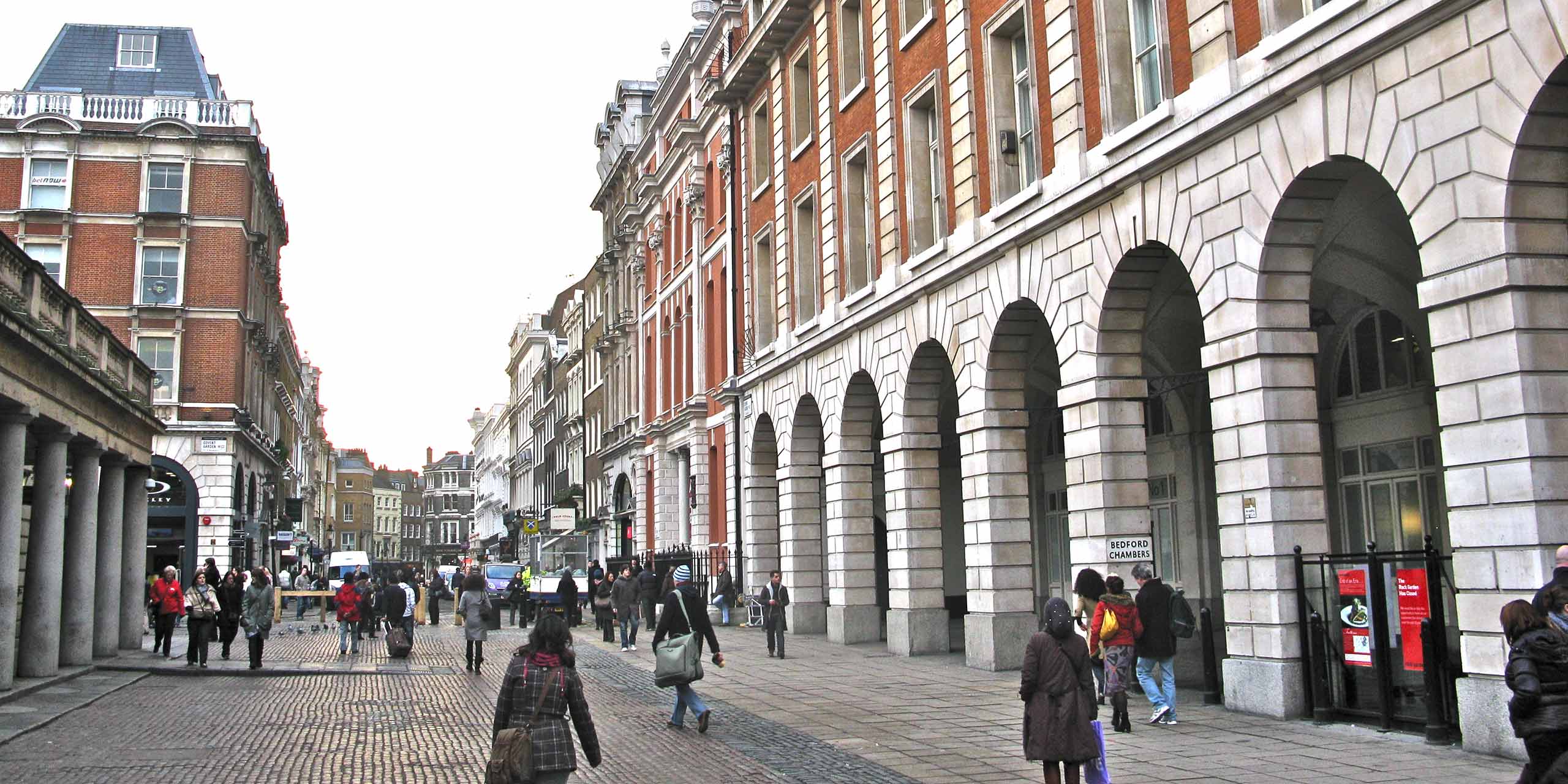
I ended up getting a job in a camping shop, which was the beginning of things turning around for me in the U.K., but that was certainly what I’d call a character-building time.
After the camping shop, I signed up with a temping agency. They actually took my degree into consideration, and got me a job that really set the course for the rest of my career—it was with a new government organization that became the National Patient Safety Agency. My job was going around to maternity hospitals in the country, and collecting adverse incidents to review and analyze, finding the root cause of an incident.
My boss there was an incredible mentor, a woman named Kirstine Knox who was, after Fyfe Bygrave, probably the second person to really make me believe that I could do something special. She was offered a job at Oxford University to set up the National Cancer Research Network, and asked me if I’d come with her. I worked at Oxford for seven years: first on cancer, and then on a malaria research network.
In my work, I spent a lot of my time listening to researchers and then thinking of creative ways to communicate that to a non-expert audience. I absolutely loved that. I loved being able to use my scientific knowledge to then translate that, essentially, into something creative.
When I had my first child, the part of government money that had been funding that network was also coming to an end, and was merging into something else, and so I decided that I didn’t really want to go back to just any old job in the university, and I would try freelancing so that I could fit it in around my son. In 2008, I set up a business called WATS.ON, essentially an association development company. We work with scientific societies and associations helping them become sustainable, so that they can start doing more outward looking, high-impact work.
On becoming an entrepreneur
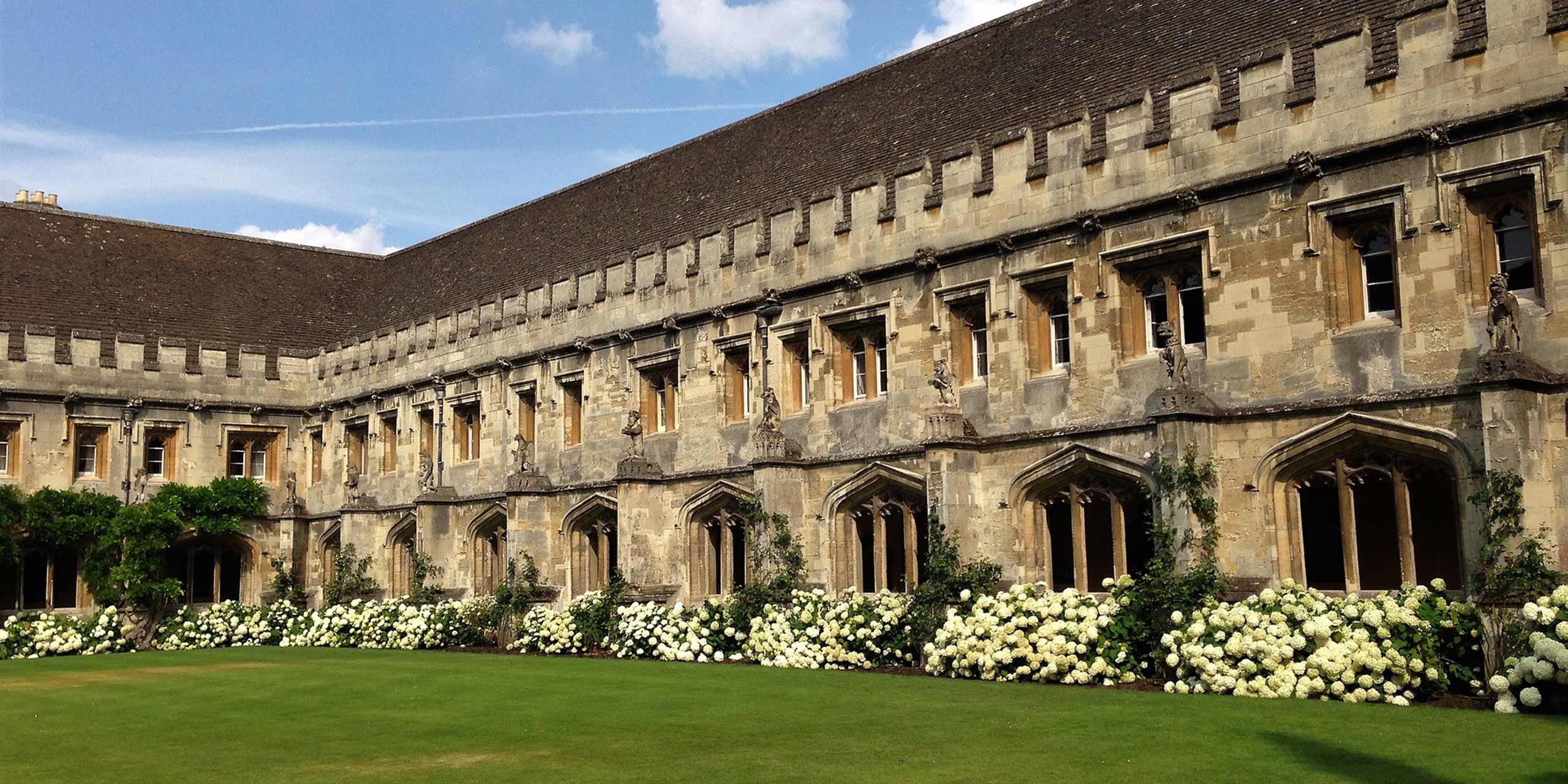
About three years ago, the team and I had a conversation about what direction we wanted WATS.ON to take. One of the things I identified was that I wanted to be able to get more kids having an amazing hands-on experience in science.
I’d been doing school workshops and science festivals and I could really see that moment when children’s little faces light up after they’ve had a really cool experience of science. I thought: let’s try and package that up into a box, and send it to their house. I want whole families to get more confident about having conversations about things that they see in the news about science. It doesn’t matter whether kids want to be a scientist or not, it’s about appreciating this wonderful world we live in. And that’s how Curiosity Box was born.
I didn’t do it to become an entrepreneur. Giving all people a real and relevant experience of science is my North Star. It’s the thing that is always a focus for me, it makes me excited about what I do.
When we get pictures from children who are not just doing the experiments that we send them, but are using the kit that they’ve acquired through their subscription to start doing their own experiments, that, for me, is the gold. My second favorite bit of feedback is from parents who didn’t necessarily like school. They’ll say, “I wish I had something like this when I was a child.” When we get the feedback from those adults—that they’re actually engaging with their children, and almost sort of rediscovering their love of science with their kids—for me that is a double win. They are creating an environment at home where science is something that’s cool to do.
We’ve set ourselves a fairly ambitious target. Through Curiosity Box, and through partnerships that we’re building with other organizations, particularly to get to children without easy access to education, our target is to give one million young people a wonder-filled experience of science.
Change is the only constant
Being an entrepreneur means you never feel like you’ve made it or that you know it all. It’s a bit like being a parent. Every time I feel like I know how to be a parent, my kids go and change and I have to start all over again. Business feels exactly the same; I’m on that learning rollercoaster all over again.
I used to say “Just do it! Just get out, and give it a go!” What I’ve learned to appreciate more is that I have a really fantastic support network that facilitates what I do. If I didn’t have that, the risk would be so different.
Now I think it’s more important to discover the thing that makes your world light up. I’m absolutely sure that there’s one in every single one of us. It feels like it feeds your soul. If you find that, that is the thing worth risking everything on.
I feel incredibly fortunate to be doing something that I enjoy. Not just in terms of the mission that we’re trying to achieve, but also in terms of building a place of work that people love to come to. I think we’re setting different standards for what the future of business can be.
Nobody’s life is perfect, and there are very many things that I wish I could do better or that I wish I could do more of. I wouldn’t want anyone to get the impression that I’m cruising along, and my life is impenetrably perfect. But I do feel like I’ve created something where I am happy.
This interview has been condensed and edited for clarity.
